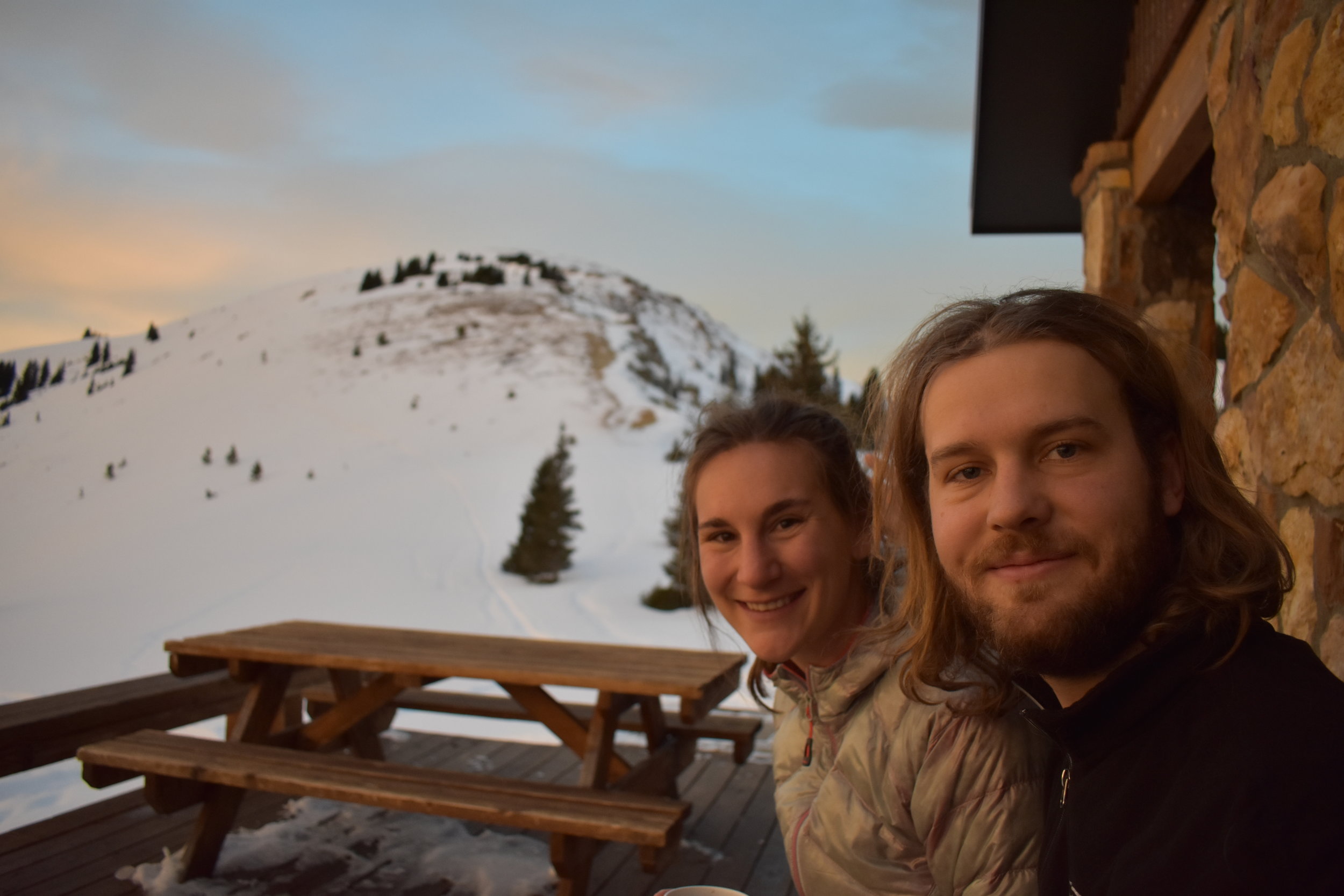Just got back from another awesome hut trip in the Rocky Mountains. There wasn't quite as much snow as we were hoping for, but we still had an absolute blast!
PHOTO CREDIT: @alectrocution
WHERE
This weekend we hiked 5 miles through the White River National Forest to the Fowler Hillard Hut, one of the 10th Mountain Division Huts.
These are amazing woodsy getaways, complete with wood burning stove, wood burning oven, rain water pump, and outhouse. We make our own water (using the wood burning stove to melt snow), and sleep in bunk rooms fitted with comfortable pads and pillows (or at least they feel comfortable after a day of touring).
Because of these amenities, there's no need to carry sleeping pads, tents, or kitchen gear on this trip. The weight of these are replaced with avalanche gear (shovel, probe, and beacon), skis, and some extra booze.
PHOTO CREDIT: @alectrocution
PACKING
As you can see above, I have my clothes (to pack and to wear while hiking/skiing), sleeping bag, food, and booze. The challenge of zero waste backpacking is bringing your food in containers. Many backpackers use ziplock baggies and/or dehydrated foods like Mountain House meals. While these are light weight and convenient, they produce quite a bit of plastic waste which, ironically, could eventually pollute the beautiful natural places which we are packing into.
Clothes Packing List
- Clothes on my back: leggings/shorts, tank top, pant and jacket shells.
- Down Jacket
- 1 extra pair of leggings
- 1 long sleeved under layer
- 2 pair ski socks
- 1 pair regular socks
- PJs - T-shirt and Shorts
- Underwear x 4 and Bra x 2
- Avy Equipment: Beacon, Shovel, Probe
- Skis
- Lightweight winter boots
- Double Sleeping Bag and pillowcase
Giving up the convenience of dehydrated meals does mean slightly more weight, and some heavier containers. I kept my containers from the last time I went zero waste backpacking, and used them again this time! These totaled: 2 plastic coconut oil containers and 1 to-go soup containers. The rest were storage containers or bags I already had.
MEAL PLAN:
- Day 1 (hiking in):
- Lunch: trail mix
- Dinner: Pizza Bagels
- Snacks: 1 orange, trail mix, chocolate
- Day 2:
- Breakfast: Bulk Farina Cereal (Cream of Wheat)
- Lunch: Cheese, Apple, Dried Fruit
- Dinner: Quesadillas
- Snacks: apple with cheese, trail mix, chocolate
- Day 3 (hiking out):
- Breakfast: Apple
- Snacks: Trail mix, chocolate
- I also packed in 1 water bottle full of whisky and 4 beers
I didn't weigh my pack, but I'm guessing it was about 32-35 lbs once I added a full 3 L CamelBak and my Nikon camera, which is pretty light!
I ended up getting altitude sickness when I was up there and experienced a loss of appetite. While my friends got me to eat, I definitely packed way more food out than I expected!
WASTE
This is the 8 grams worth of trash that I produced on this four day trip, that's less than 0.01 lb! While it's more than my first venture, I'm still perfectly happy with it!
My waste included:
- Plastic wrap from my cheeses
- 4 fruit stickers
- 1 teabag wrapping
- 2 blister bandage wrappings
The big mistake I knowingly made was buying cheese wrapped in plastic. I had much less time to prepare for this trip than my last as I had been out of town the previous two weekends and working long days prior. This meant that I ended up cutting a few corners. One was the cheeses. The second was the tortillas for quesadillas. The plastic was recyclable, but I definitely could have avoided that if I'd planned better.
WHY
The mission of the 10th Mountain Division Huts is, among other things, to "promote understanding and appreciation of the natural environment."
There's few better ways to appreciate the people in your life and the natural environment then to adventure to a secluded, winter wonderland together, void of internet and cell service.
What drives me on my zero waste journey is my love and care for special places like these. Reducing your plastic footprint is just one of many ways to help preserve these beautiful places.
So if you are someone who cherishes the outdoors and who values our natural world, take some small steps to reduce your waste footprint, especially while you are out enjoying what nature has to offer!
Peter and I, tired bags under our eyes, enjoying the sunrise.





